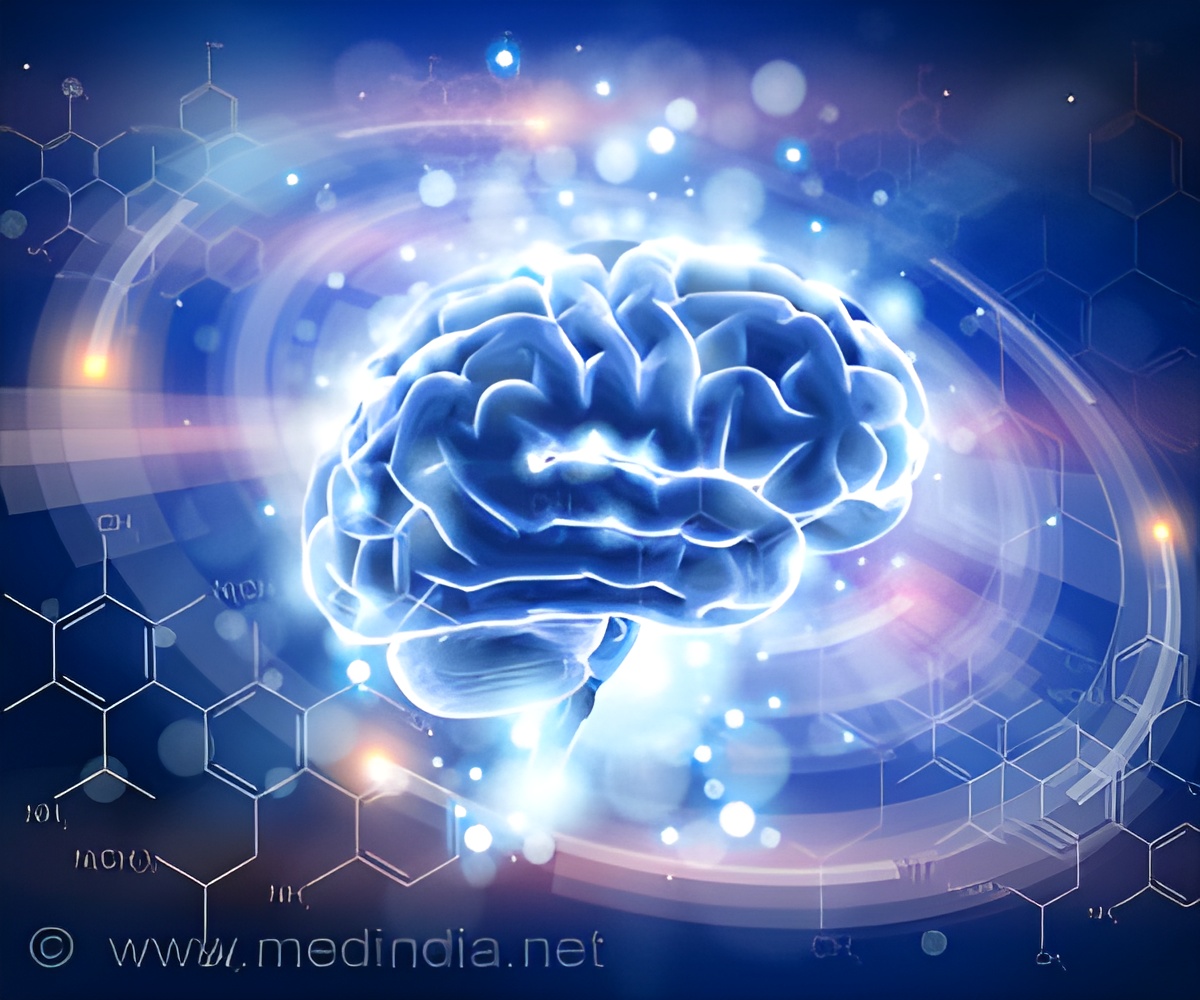Cognitive tasks can be performed efficiently using artificial intelligence networks based on human brain connectivity

‘Cognitive tasks can be performed efficiently using artificial intelligence networks based on human brain connectivity. These so-called neuromorphic neural networks also supported a wide range of learning capacities across multiple contexts.
’





An ANN is a computing system, very much similar to the biological brain that consists of multiple input and output units. The ANN was further trained and observed by the scientists to perform a cognitive memory task. Artificial Intelligence (AI) and Cognition
The team integrated two unique approaches to learn how the wiring of the brain supports specific cognitive skills, and to derive novel design principles for artificial networks:
- Connectomics – describes brain organization, without looking at how it actually performs computations and functions.
- ANNs – include arbitrary structures that do not reflect how real brain networks are organized.
“The project unifies two vibrant and fast-paced scientific disciplines. Neuroscience and AI share common roots, but have recently diverged. Using artificial networks will help us to understand how brain structure supports brain function. In turn, using empirical data to make neural networks will reveal design principles for building better AI. So, the two will help inform each other and enrich our understanding of the brain,” says Bratislav Misic, a researcher at The Neuro and the paper’s senior author.
Advertisement














